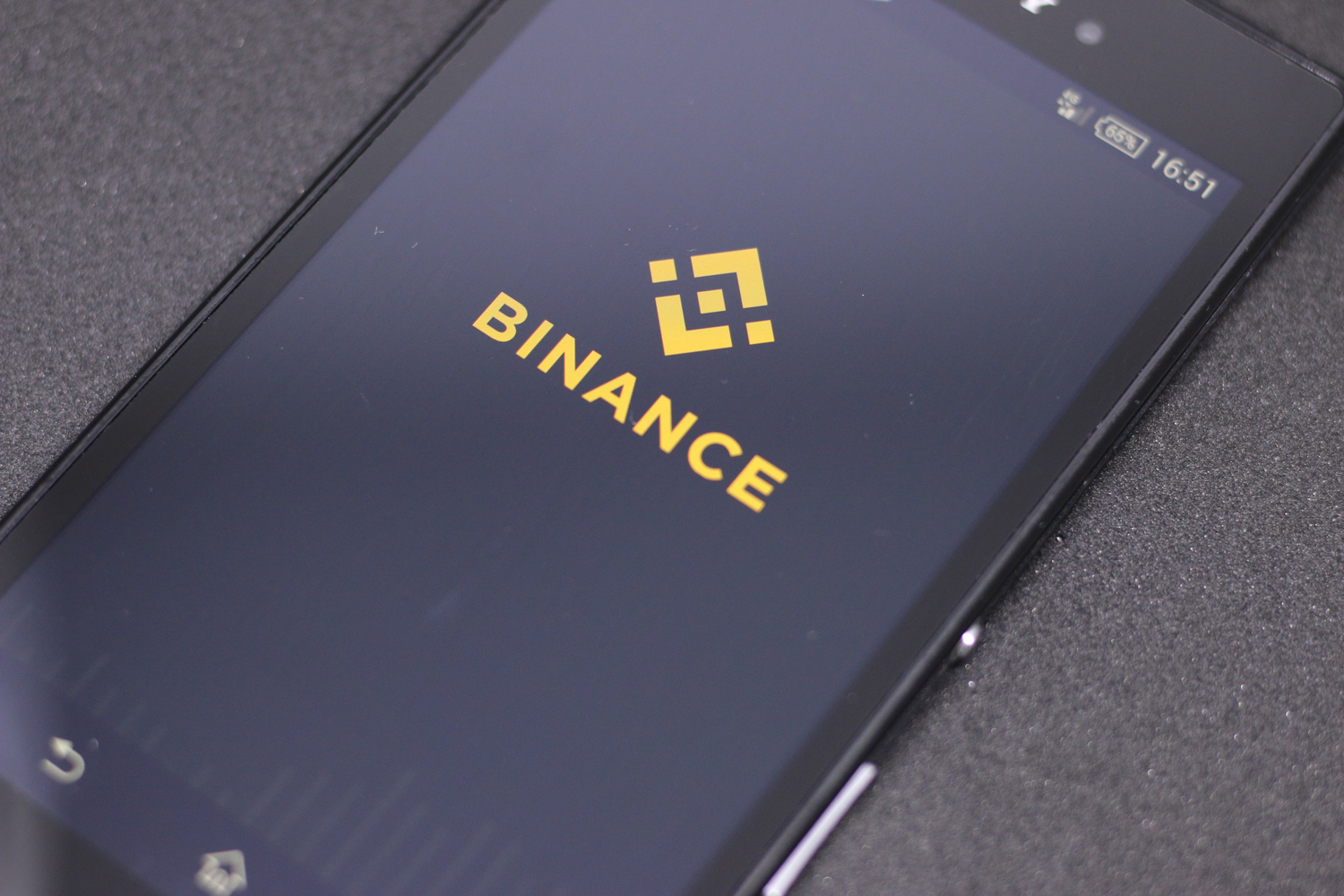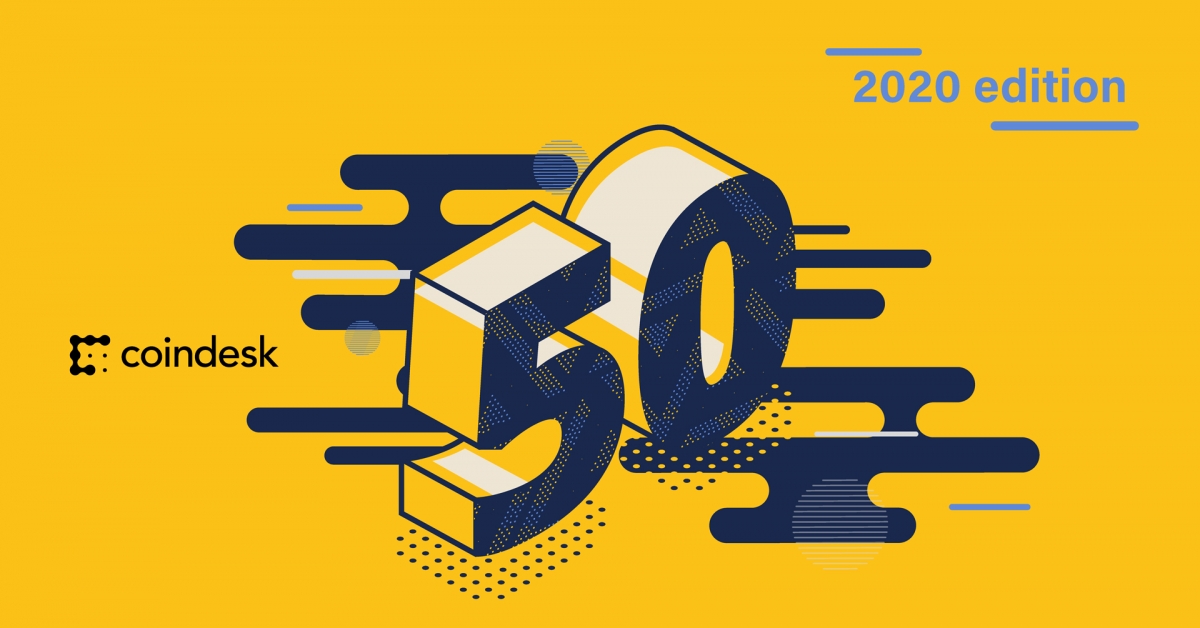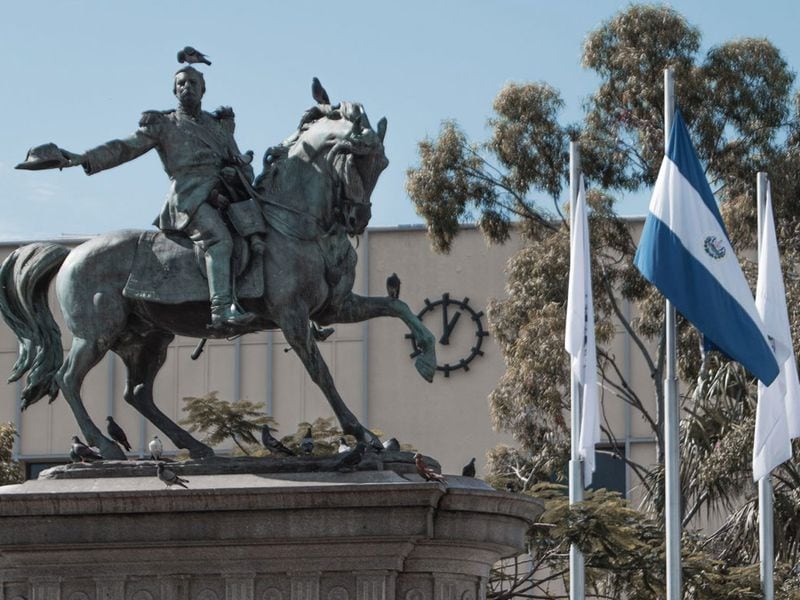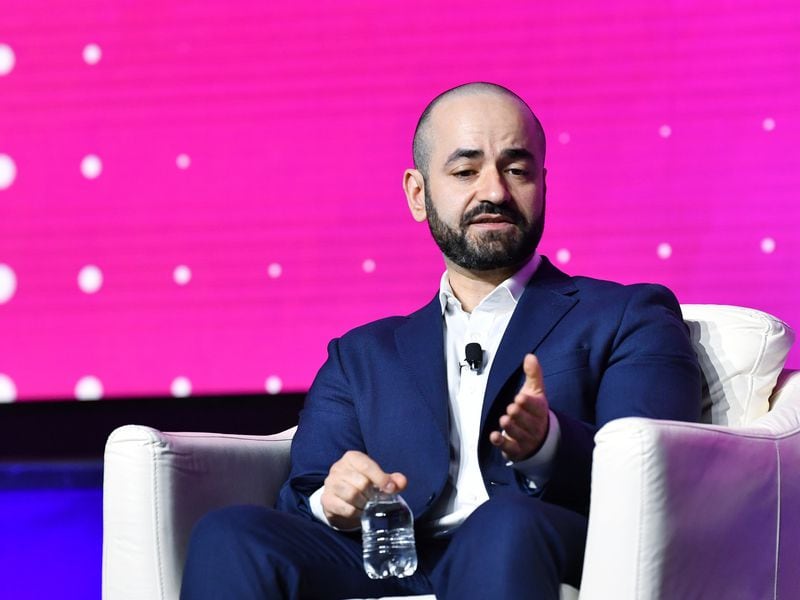Solana Founder Brushes Off FTX Woes, Remains Confident in Crowded Blockchain Landscape
:format(jpg)/s3.amazonaws.com/arc-authors/coindesk/6c6bb5af-692c-4fcf-9f8b-a75d0549effd.png)
Shaurya is the Deputy Managing Editor for the Data & Tokens team, focusing on decentralized finance, markets, on-chain data, and governance across all major and minor blockchains.
Solana Labs founder Anatoly Yakovenko said he remains unfazed about the prospects for the Solana blockchain in an increasingly competitive landscape.
At least six blockchain networks are on track to be launched in the coming months, adding to the more than 50 layer 1 mainnets already active. In just the past two weeks both zkSync and Sui Network have started operations.
Forthcoming projects such as Scroll, Coinbase-backed Base and ConsenSys-backed Linea are gaining traction among developers. All are flush with capital to fund development activity and marketing, potentially cutting into the market share of existing networks such as Solana.
Yakovenko, however, remains confident in Solana’s technical strengths.
“None of them are as fast as Solana, do as many transactions as Solana or run as many nodes as Solana. I think we’re still quite ahead on the technology front,” Yakovenko said in a Wednesday interview on CoinDesk TV. “You’ve seen folks like Helium move from their own layer 1 that they’ve been working on. Render voted to move to Solana as well.”
Crypto connectivity project Helium kicked off its migration to Solana last month, abandoning its own infrastructure in favor of what it called a more stable home. Render, originally on Polygon, moved to Solana last week, citing faster speed and security.
The fall of crypto exchange FTX, while unprecedented, has little reason to damage the Solana ecosystem, Yakovenko said, even though FTX founder Sam Bankman-Fried was a vocal proponent of Solana, voicing support for multiple network applications via token listings, investments and promotions.
“FTX had such an outsized kind of place in the marketplace. And they were building on Solana, they were building a lot of applications. And when they collapsed that created this massive hole,” he said. “I myself wasn’t even sure. Is this ecosystem going to survive?”
Developers, however, took a longer-term perspective, he said.
“The rest of the developers that are building on Solana really had nothing to do with FTX. And you saw that in the last hackathon. We had over 800 projects submitted during that hackathon. That was our largest hackathon ever. So and that happened, basically, two months after the FTX collapse,” Yakovenko shared,
His words aren’t empty air, on-chain data suggests. Wallet activity on Solana was the second-highest among all blockchains in April, analytics firm Nansen tweeted Wednesday, beating Polygon and Ethereum and behind only BNB Chain.
Edited by Sheldon Reback.
DISCLOSURE
Please note that our
privacy policy,
terms of use,
cookies,
and
do not sell my personal information
has been updated
.
The leader in news and information on cryptocurrency, digital assets and the future of money, CoinDesk is a media outlet that strives for the highest journalistic standards and abides by a
strict set of editorial policies.
CoinDesk is an independent operating subsidiary of
Digital Currency Group,
which invests in
cryptocurrencies
and blockchain
startups.
As part of their compensation, certain CoinDesk employees, including editorial employees, may receive exposure to DCG equity in the form of
stock appreciation rights,
which vest over a multi-year period. CoinDesk journalists are not allowed to purchase stock outright in DCG
.
:format(jpg)/s3.amazonaws.com/arc-authors/coindesk/6c6bb5af-692c-4fcf-9f8b-a75d0549effd.png)
Shaurya is the Deputy Managing Editor for the Data & Tokens team, focusing on decentralized finance, markets, on-chain data, and governance across all major and minor blockchains.
Learn more about Consensus 2023, CoinDesk’s longest-running and most influential event that brings together all sides of crypto, blockchain and Web3. Head to consensus.coindesk.com to register and buy your pass now.
:format(jpg)/s3.amazonaws.com/arc-authors/coindesk/6c6bb5af-692c-4fcf-9f8b-a75d0549effd.png)
Shaurya is the Deputy Managing Editor for the Data & Tokens team, focusing on decentralized finance, markets, on-chain data, and governance across all major and minor blockchains.









